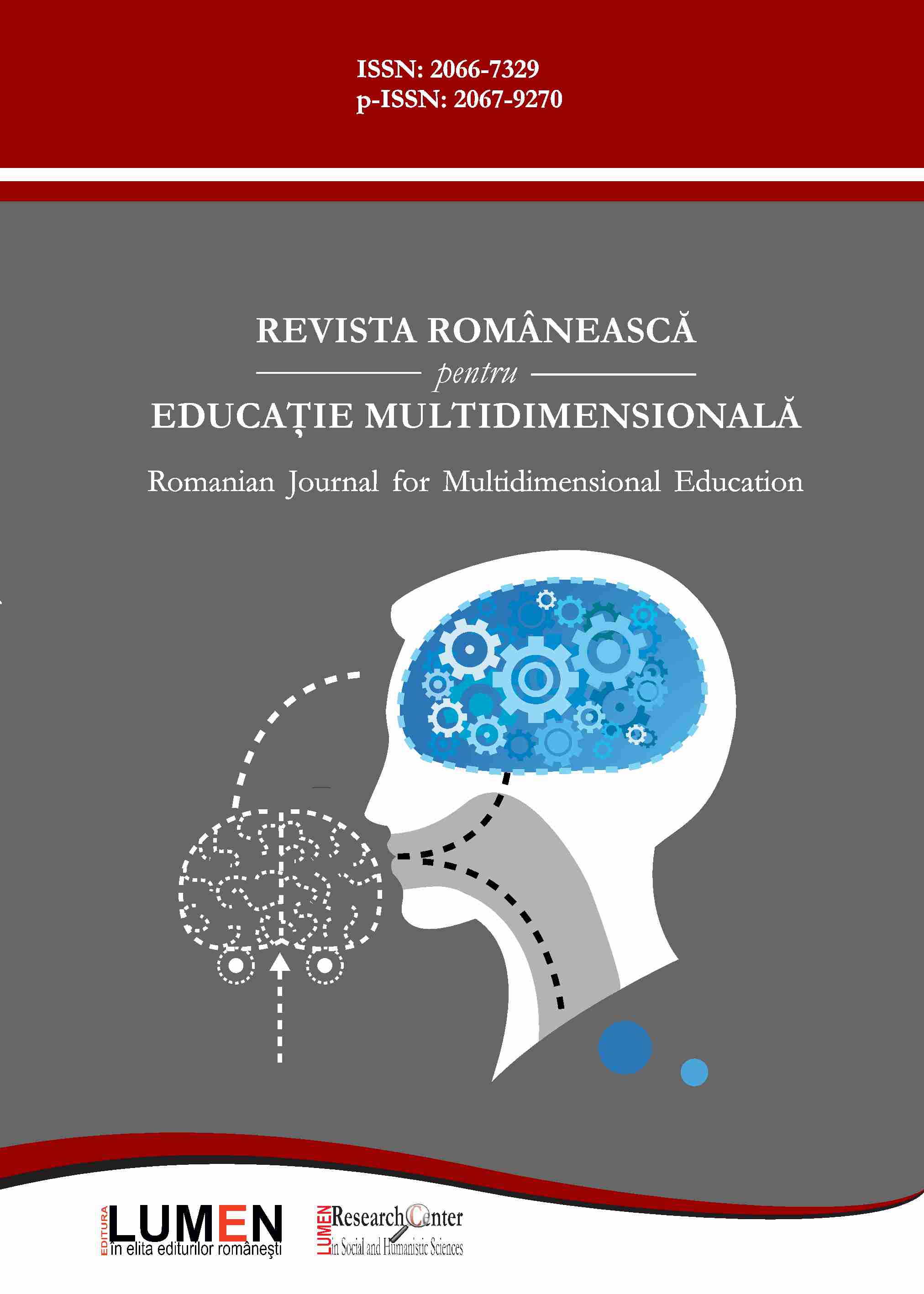Future Social Workers’ Communicative Readiness Formation to Control Social Risks and Response to the Emergencies in the Aviation Industry
Future Social Workers’ Communicative Readiness Formation to Control Social Risks and Response to the Emergencies in the Aviation Industry
Author(s): Larysa Platash, Valentyna Sanzharovets, Ganna Koval, Yulia Shatylo, Natalia Vladislavovna NovikovaSubject(s): Social Sciences, Education, Theory of Communication, Educational Psychology, Welfare services, Pedagogy
Published by: Editura Lumen, Asociatia Lumen
Keywords: professional and communicative readiness; social worker; extreme situation; training of social workers;
Summary/Abstract: Communicative interaction implementation is one of the leading social worker’s functions, formed in the process of education. A social worker is a specialist whose task is to identify social risks and respond to emergencies in a qualified manner. The aim of the article is to analyze the conditions and results of the future social workers’ formation of communicative readiness to manage social risks and respond quickly to emergencies at airports; to test the validity of the hypothesis based on certain criteria. According to the results of the survey, there were identified three groups of students with signs of formation: stimulating motives for mastering communicative competence; communicative competence; communicative readiness for professional situation management. During the teachers’ survey the main factors of students’ communicative readiness formation are revealed as follows: practical activity, students’ activity, their desire to qualitative professional characteristics acquisition and self-educational activity of youth. The disciplines of the educational program selective component of the general training cycle (100%) and the vocational training cycle (78.3%), as well as manufacturing practice (94.5%) are endowed with potential opportunities. The main conditions for ensuring the quality of communicative readiness formation process: 1) the development of attitude to the professional communication as a means of professional activity; 2) subject-subject interaction design and implementation in the educational process; 3) socio-psychological support of the professional readiness communicative component formation and the self-education throughout life implementation.
Journal: Revista Românească pentru Educaţie Multidimensională
- Issue Year: 14/2022
- Issue No: 4
- Page Range: 298-324
- Page Count: 27
- Language: English

